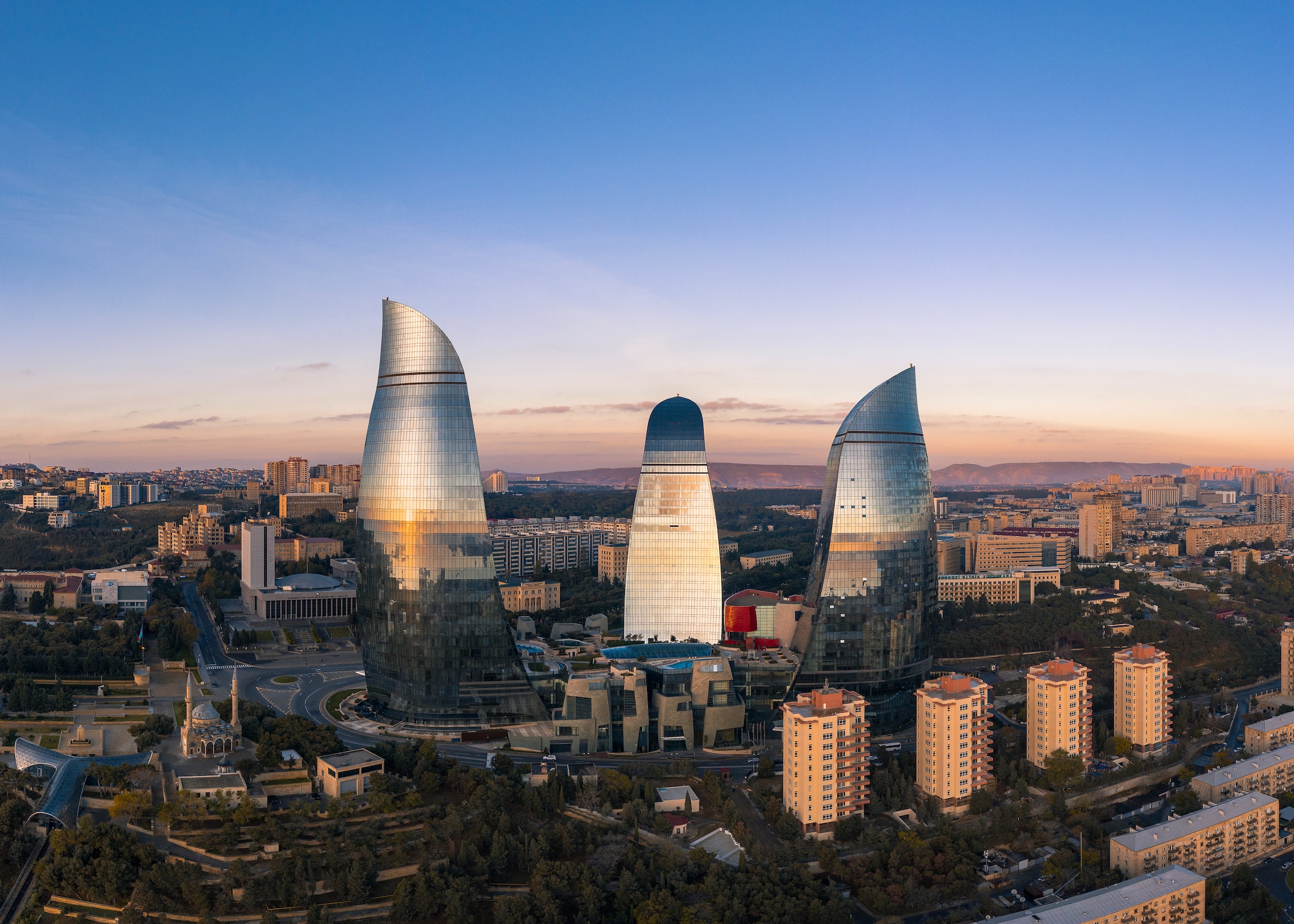The Singapore business types are categorized as follows:
Company in Singapore
Private company limited by shares (Pte. Ltd.): A private limited company that maximizes tax deductions is a separate legal entity that offers limited liability to its members.
Public limited company: Most publicly traded companies are large enterprises with a large number of shareholders and are usually listed on the stock exchange. These companies offer their shares to the general public.
Public limited company limited by guarantee or surety: Public limited company limited by guarantee is a separate legal entity that does not have share capital. The company’s membership liability is limited. Most non-profit organizations prefer this business structure.
Sole Proprietorship in Singapore: Sole Proprietorship is an unincorporated business structure. That is, Sole Proprietorship is not a separate legal entity. The sole proprietor has unlimited liability and no protection of personal movable property.

Partnership (partnership, Partnership) in Singapore:
General Partnership (General Partnership): Partners have unlimited liability, that is, are personally liable for the debts of other partners. The unlimited liability of partners means that all their property can be used to settle the obligations of the partners themselves, the partnership in general, and other partners.
Limited Partnership (LP): This business structure is an association of limited partners and general partners. The responsibility of the former is limited to their investments. Limited partners are not involved in running the business. Full partners are liable for partnership obligations with all their property. It should be noted that the Limited Partnership does not form a separate legal entity.
Limited Liability Partnership (LLP): LLP is a separate legal entity. Partners are not personally responsible for the obligations of other partners. Partners of the LLP are liable for the obligations of the partnership to the extent of their contributions to the capital of the limited liability partnership.
Office of a foreign company in Singapore:
Branch: Branch – is an extension of a foreign parent company and is not a separate legal entity. The liabilities cover the parent company. In the following blog articles, we will cover the registration of a branch of a foreign company in more detail.
Subsidiary: Subsidiary – Singapore Private Limited Company, which is a separate legal entity. Liability is limited to the subsidiary only and does not extend to the foreign parent company. The procedure for registering a private limited liability company with foreign legal entities as shareholders are the same as for all other limited liability companies.
Representative Office (RO): The RO has no legal status and is a temporary administrative office designed to conduct market analysis or coordinate certain operations. The liabilities cover the foreign parent company.
What structure has the most optimal tax system?
Singapore Private Limited Company – has the most efficient and optimal taxation system compared to a sole proprietorship or limited partnership. This is because the income from the company’s business is taxed at the corporate level, which is calculated on a lower tax liability than the income that is taxed at the personal level. Please note that personal income tax rates range from 0% to 20% if the company’s income exceeds S $ 320,000.
The basic rate of income tax for limited liability companies in Singapore is currently 17%.
Taxes are not subject to:
- income received from foreign sources outside of Singapore;
- capital gains (income from the sale of investment assets);
- dividends from sources in Singapore;
- some dividends from foreign sources.
Income Tax Benefits for Singapore Tax Residents:
- in the first three years of activity, the first S $ 100,000 of profits are taxed at a zero rate (applicable to exempt private limited companies);
- of the next $ 200,000 in profit, only half is taxed (applies to exempt private limited companies).
For exempt private limited companies over three years old and other companies:
25% of the first $ 10,000 of taxable income and 50% of the subsequent $ 290,000 of taxable income of a Singapore company are taxed.






